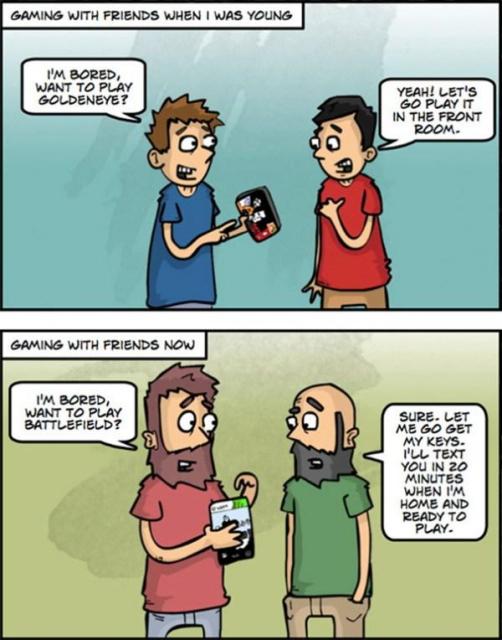jdrgaming.com moved to JRC web server
- Friday, August 28 2015 @ 07:10 PM PDT
- Contributed by: Jeff Rivett (site admin)
- Views: 1,747
The JDRGaming web site is now running on the JRC web server, Foghorn. As you may be aware, Foghorn also hosts the TPU Battlefield 1942 server, as well as the JDRGaming Battlefield 2 server and the JDRGaming Minecraft server.
This move solves several problems, including the recent flakiness of the shared hosting (provided by A Small Orange) where it previously resided. However, the move also has at least one negative consequence. Previously, if Foghorn was down for some reason, I would update the JDRGaming site with an explanation. Now, when Foghorn is down, the JDRGaming site will be inaccessible.
To get around this limitation, when the JDRGaming site is inaccessible, I will post status updates on the TPU Facebook page, the TPU Google+ page, the JDRGamingStatus Twitter feed, and the TPU IRC channel on GameSurge.
Previously, when I posted a status update to the JDRGaming site, I would also post links to that update on the TPU Facebook page, the TPU Google+ page, and the JDRGamingStatus Twitter feed. So it's not a very big change, but it does mean that you'll have to remember to check one of those other sources for information when the JDRGaming site is down.
Update 2015Aug29:
The TPU stats were down for a few hours while the move was taking effect, but they should be back up and running with the most recent information now.
The server monitor function has been taken offline for technical reasons. Hopefully that will be temporary.
A couple of months ago, XFire went offline. Because of this, all player widgets and other links to XFire resources have been removed from this site.


